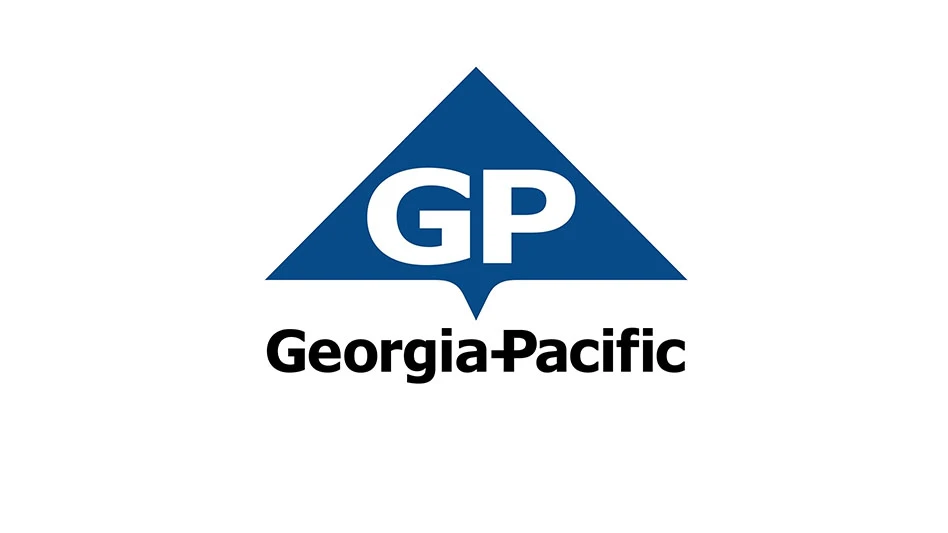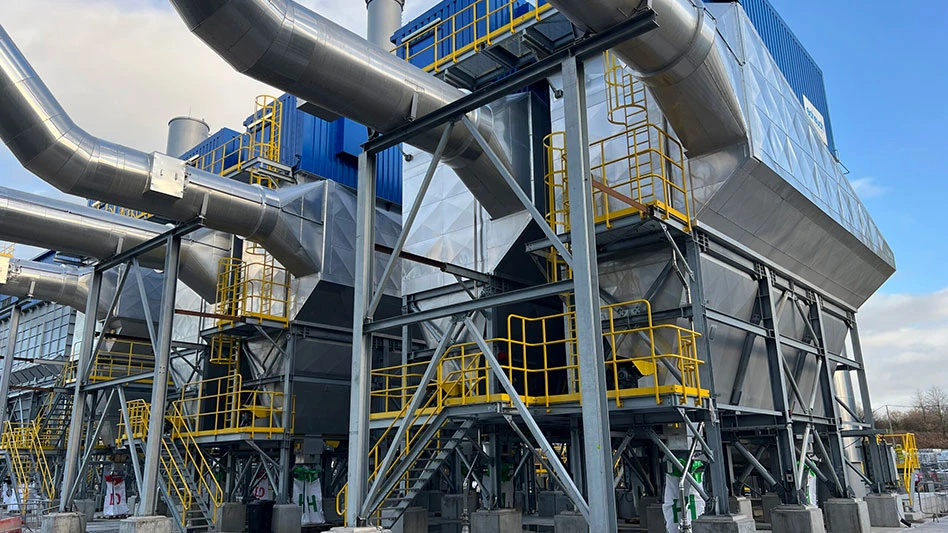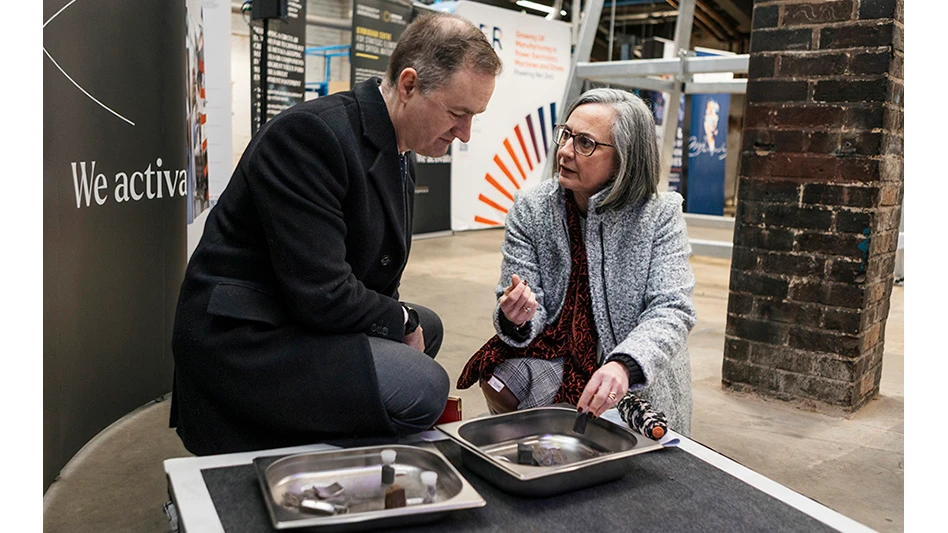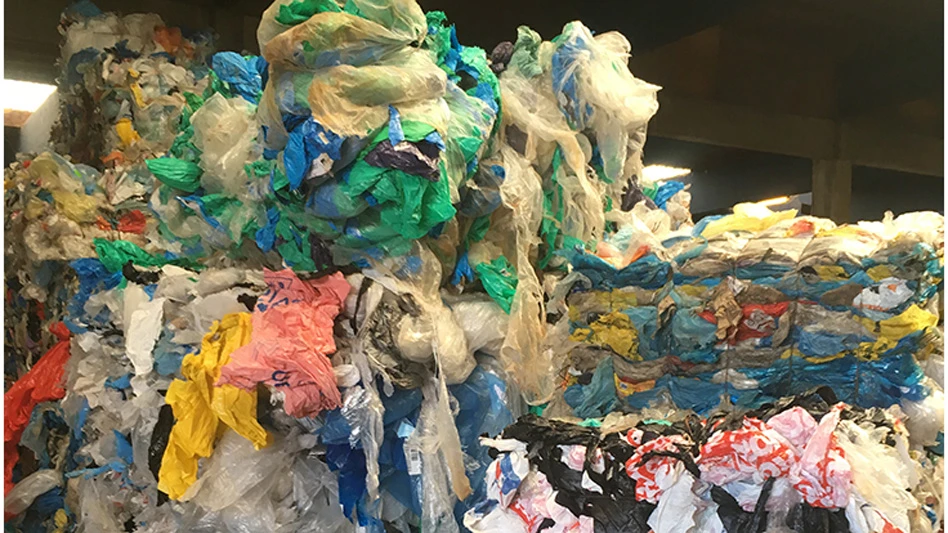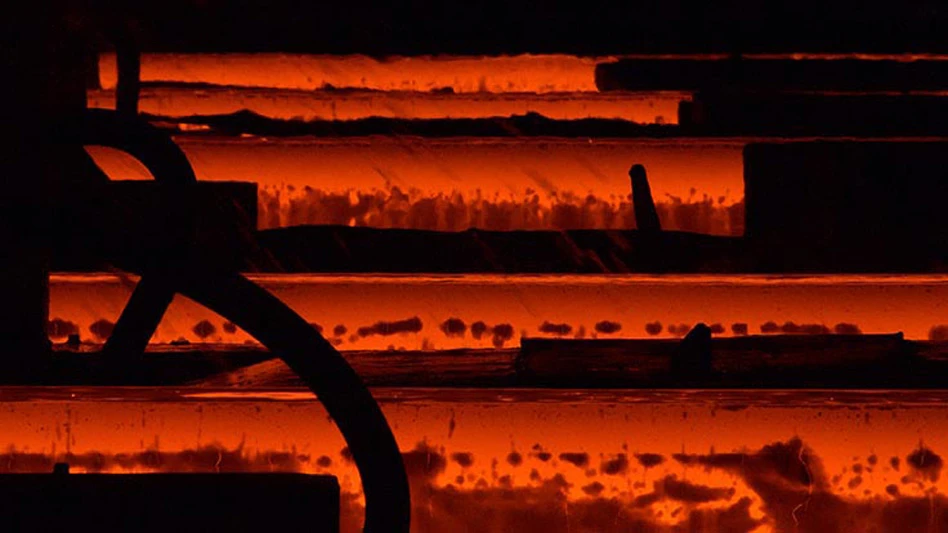
Coolrec, an electronics recycling firm headquartered in the Netherlands, has opened its Coolrec Plastics Compounding plant in Emmen, Netherlands. The facility is expected to produce 10,000 tonnes of recycled plastic pellets per year.
Coolrec, a subsidiary of the Dutch waste and recycling company Van Gansewinkel, will produce specified plastic pellets at the new plant, which would then be supplied to consumer goods manufacturers. The pellets are produced from recycling obsolete electronics, principally appliances, that would be collected through the Wecycle collection system. The Wecycle program is a network of 10,000 collection points in the Netherlands that target electronic scrap.
“Coolrec Plastics Compounding is the perfect next step for our operations at Coolrec PHB in Waalwijk,” says Arjen Wittekoek, Coolrec director. "In Waalwijk, all the plastic flows derived from scrapped electrical and electronic products are recycled into high-value raw materials. The hard-plastic flows of PE (polyethylene), PP (polypropylene), PS (polystyrene) and ABS (acrylonitrile butadine styrene) are cleaned up and reprocessed into pure raw materials here.
“The raw materials then go to Emmen, where we have the technology to refine the specification of these materials even further, convert them into pellets and finally offer them to manufacturers of consumer goods. These high-value, secondary raw materials have the same properties as primary raw materials, but they're considerably more sustainable,” Wittekoek continues.
"Wecycle stands for quality and reliability. The consumer and our partners in the collection process – local authorities and shopping outlets – can count on the fact that we will recycle collected appliances in the best way possible. This high-value plastic recycling is a concrete example of how we are collectively contributing to the circular economy," says Jan Vlak, managing director of Wecycle.
Coolrec’s new facility follows the company’s acquisition of some assets from Inverko Compounding last year.
"This investment means that we now own part of the property of what used to be Inverko," says Wittekoek. "This includes a range of processing lines, silos, a laboratory and R&D facilities. We are also carrying on the work with the existing complement of staff. It goes without saying that we have also added our own specialists to the work process and we continue to focus on future investments at the plant."
Wittekoek adds, "Scrapped equipment consists largely of valuable materials. Using innovative technology, as we do in Emmen, allows us to recover specific materials so that they can then be reused in the manufacture of new products. Our circular thinking and our objective here is, for instance, to supply raw materials from scrapped fridges to produce new ones. Recovering these high-value materials also leads directly to a reduction in CO2, allowing us to support the sustainability objectives of our clients, including Wecycle."
Latest from Recycling Today
- Huber+Suhner expands sustainable packaging usage across fiber optic portfolio
- Lummus Technology invests in tire recycling solution from InnoVent Renewables
- WM plans $88 million recycling facility redevelopment in Florida
- Nonferrous markets start 2026 in dramatic fashion
- Novelis names chief operating officer
- Cards Recycling, Live Oak Environmental merge to form Ecowaste
- Indiana awards $500K in recycling grants
- Atlantic Alumina partners with US government on alumina, gallium production
